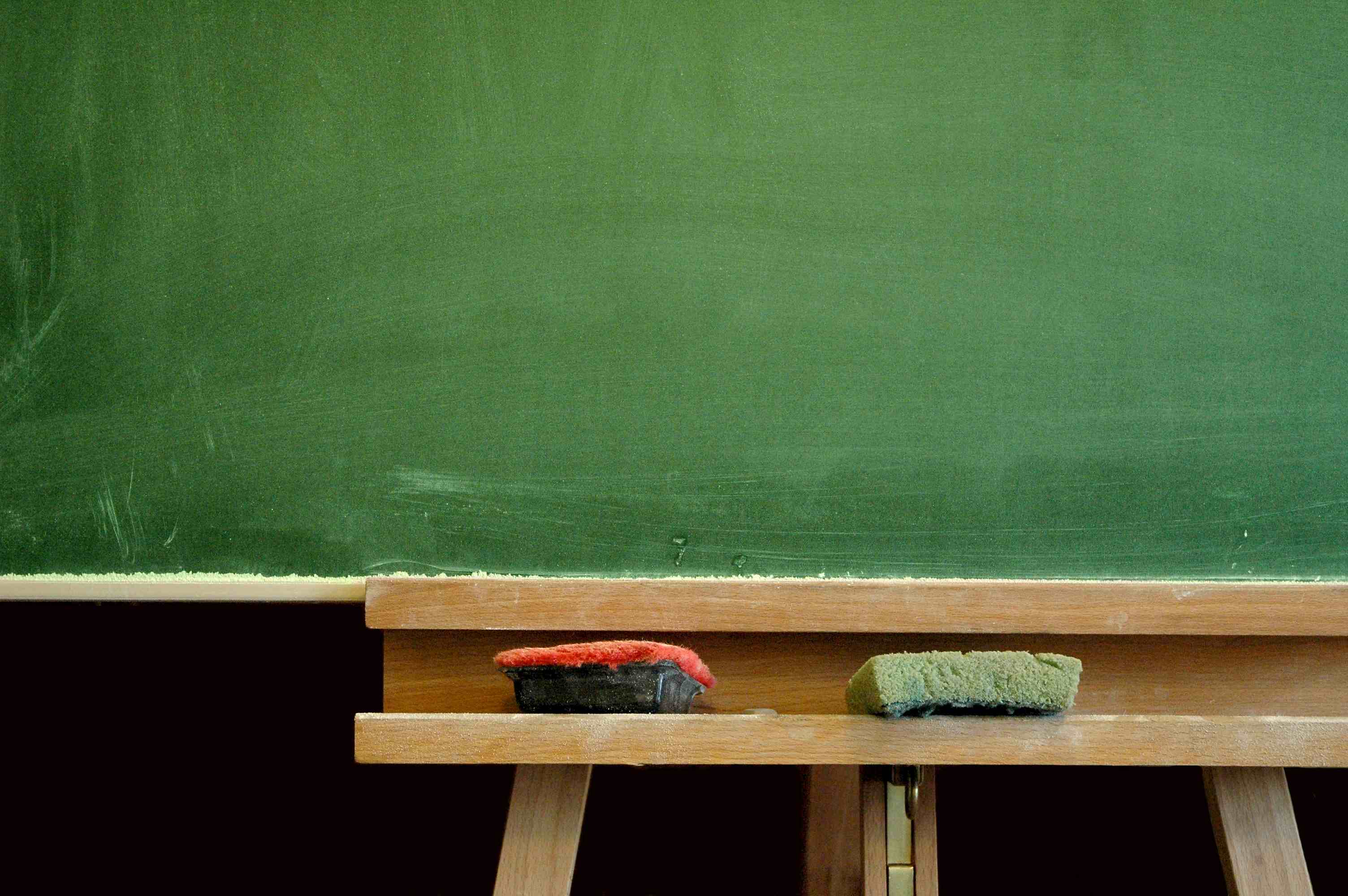Over one million pupils are set to head back to school across the Western Cape for 2017 academic year, according to the Western Cape Education Department. The commencement, however, is not without hiccups, with placements and a lack of infrastructure plaguing hopes for a smooth transition into the new year.
Education MEC Debbie Schafer has stated that while the Western Cape’s backlog is less than that of Gauteng, the province still has a problem.
“At the moment we are looking at about 18,500 between Grade 1 and 12 who still haven’t been placed… so we do also have a similar problem, but not quite at the same scale,” Schafer stated.
Schafer said that the department has put measures in place to assist parents who have not found a school for their children and encourages parents to notify their district office if they are unable to find placement.
“We always advise parents to contact a school that they would like to go to. If the school cannot assist they must then go to their district office, the details are on our website. Every district has identified officials who will assist parents who are struggling to find a place when schools reopen.”
While the MEC has announced that the WCED was ready for the 2017 academic year, despite infrastructure challenges and an influx of learners from other provinces, she also acknowledged issues raised by the South African Democratic Teachers Union (SADTU). The union has voiced concerns about the infrastructure, shortages and inequality in the education system.
“We have been raising this particular matter for a very long time. We’ve been saying, as a union, that we have huge inequalities between the schools in the more affluent areas and the schools in our township areas.”
“We look at things like school libraries, computer labs, science labs and then basic infrastructure such as equipment for classes, interactive whiteboards… all the latest technology and basic things like sports fields, books and those things. There are huge differences and those differences are glaring. We have also spoken to COSATU to address the matter but we have not made any progress in terms of this. It’s not just getting fancy stuff,” SADTU provincial secretary, Jonovan Rustin noted.
Rustin said that issues have been addressed consistently over a number of years and emphasised the importance and need of children being able to attend schools close to their homes.
“What we have in mind is that we need to have a dedicated budget from the province that actually looks at systematically improving infrastructure in schools. We know that new schools are built, but poor schools will never be able to afford to actually improve infrastructure at the particular schools. That’s why we see a huge amount of learners commuting on a daily basis from our township areas into the more affluent areas to be able to access the infrastructure.”
“Why should a parent be paying lots of money to send the learner 15 to 20km from where they live, when there’s a school right next to the house? We should actually have our learners being educated within their community and have them safe and not have them exposed to transport risks and transport costs on a daily basis,” he added.
In response to Rustin, Shafer asserted that the department is working to bridge the wealth divide and make quality education accessable to all learners.
“Of course we still sit with some inequalities in the system. We all know our history and the inequalities are not going to disappear overnight. We work day in and day out to try and eliminate those inequalities.”
“We are building new schools all the time. We’ve built 3 new schools that are ready for January now, namely Zweletemba High School, Somerset High school and Tulbagh Primary School,” she added..
According to Schafer, the WCED has built 6 replacement schools that are ready for 2017.
Shafer said that necessities such as books have already arrived at schools by the end of 2016 and that schools have the means to see to it that the school year gets off to a smooth start this year.
“Suppliers delivered textbooks by the 30 October last year, except where schools decided not to store textbooks during the holidays. Workbooks were received by the 30 November. We already issued our start establishment to schools in September last year so that they could finalise their timetables. So we’ve done everything we possibly can to ensure that we are as ready as possible for the school year,” Schafer affirmed.
With vandalism heavily affecting schools during the holidays, Minister Shafer said that she has not received a report detailing incidents that may have occurred.
Meanwhile, Rustin urged for dialogue with the WCED and called for a far more progressive code for a budget to ensure that inequality can be overcome.
In addition to sending well-wishes to teachers across the country, in a message to parents for the 2017 academic year, MEC Shafer encouraged all parents to be there for their children.
“Do absolutely everything you can to support them. Don’t place undue pressure on them. Make sure that they do what they still have to do and let them read. Reading for pleasure helps your children to do better at school, so just encourage them to read as much as possible,” Schafer continued.
[VOC: Shireen Fisher]





 WhatsApp us
WhatsApp us 

